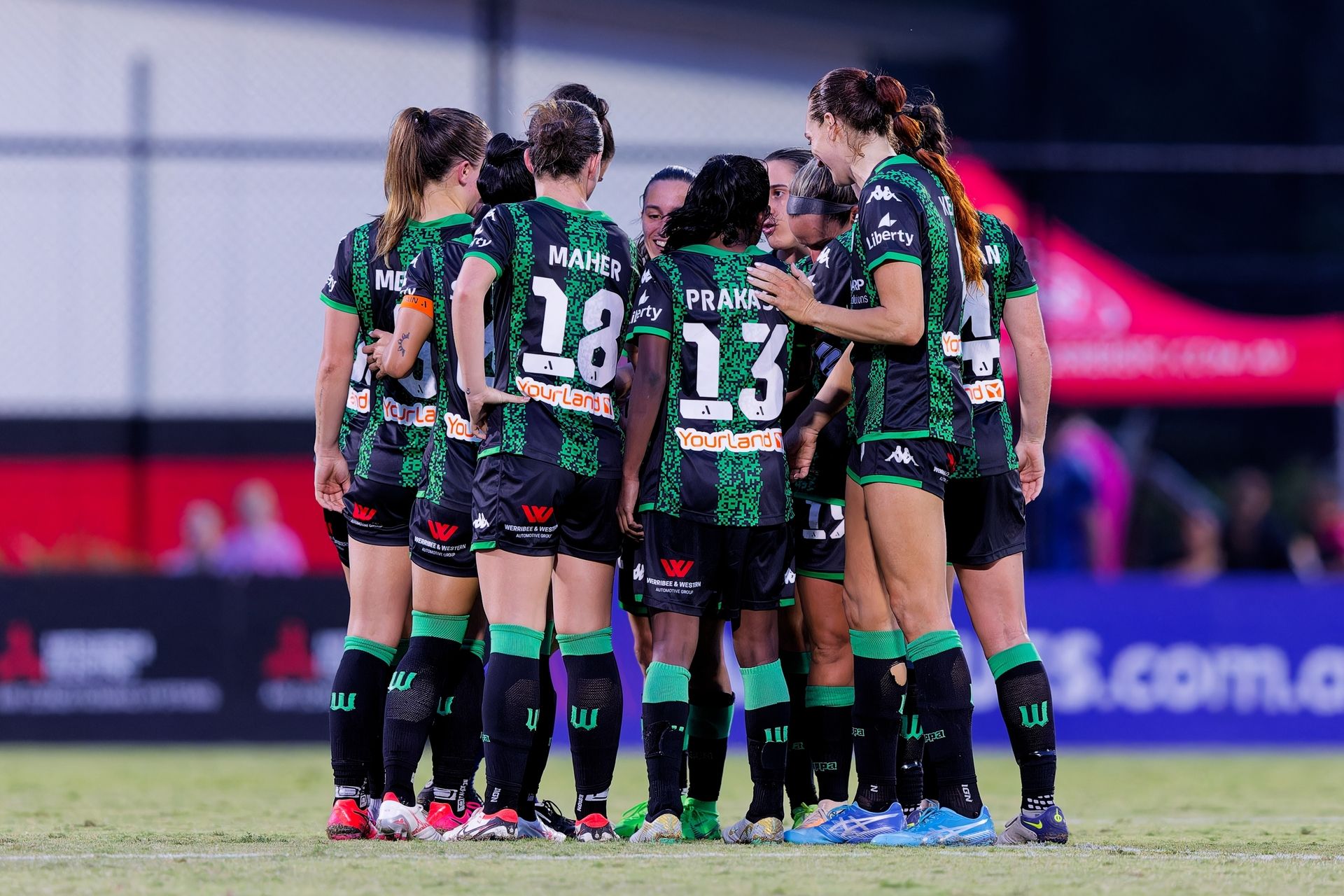- FootBiz
- Posts
- FootBiz newsletter #120: Investing in women's football, UEFA sued, FIFA to give 'peace prize'
FootBiz newsletter #120: Investing in women's football, UEFA sued, FIFA to give 'peace prize'
How much does Gianni Infantino want the American president to love him? More than you ever thought possible
If you talk to the women’s sport investment ‘bulls’ — and there are plenty of them — then what we are witnessing is probably a once-in-a-generation opportunity to make many multiples.
The cost of entry is low for accessing some globally recognised footballing brands. Or at least it was. The average valuation of an NWSL franchise has gone up 54% in the last year alone. Alexis Ohanian bought into Chelsea’s women’s team (and possibly a stake in BlueCo) at a valuation of £200m having previously founded the most valuable women’s team in the world, Angel City.
While the 20x revenue multiple that Ohanian paid to buy into Chelsea still makes no sense (and we must acknowledge the need for Chelsea to reach a valuation that would help satisfy PSR rules on the men’s side) it is a sign of how bullish some of the world’s biggest sports investors are on the women’s game.
I try not to talk too much about Queretaro in the newsletter as to not bore everyone, but we’ve already had multiple groups expressing an interest in investing in (or outright buying) our women’s team. This is all inbound and pretty common among other club owners I have spoken to, as larger investment groups (and some HNW solo investors) seek to scoop up well-known footballing brands while the revenues are still low.
Ohanian’s Chelsea investment fully prices in that he’s purchasing the most successful team in Europe, and one interesting thing about women’s football is that we are seeing a real transatlantic tussle. While European clubs don’t really compete with MLS or Liga MX teams for talent that regularly in men’s football due to historic structures, in the women’s game it is entirely reasonable that a player would have the direct choice between signing for Angel City/Chicago Stars or heading to Barcelona Femeni/Arsenal.

Investment in women’s soccer is taking many different forms
I see this as a huge opportunity. At some point, a Club World Cup for the women’s game will capitalise on this and the competition will be genuinely fascinating unlike the men’s version which felt like an exhibition tournament. Women’s soccer will have a different global dynamic to the men’s game, that much is already clear.
Only this week we found out that the Monarch Collective, a $250 million US-based fund dedicated exclusively to women’s sports, has made its first investment in Europe by buying a 38 per cent stake in FC Viktoria Berlin.
The private equity firm founded by Kara Nortman and Jasmine Robinson already holds minority stakes in three NWSL teams — Angel City FC, San Diego Wave FC and Boston Legacy — and has been looking to buy into European football for some time. By accruing smaller stakes, the investment thesis appears to be principally that this is just an asset class where valuations are going to grow across the board and they want to be part of it.
The Guardian reported in September that Monarch were holding talks about buying a stake in West Ham Women, which remain ongoing, but the Viktoria Berlin acquisition has been completed first. Vikoria were only founded three years ago as a community club, and have already reached the second tier while boasting a prime location in the German capital. Monarch would love to add other well-located teams to their roster that can become significant brands, not a huge divergence from the Mercury/13 playbook which has seen them invest in Como.

Mercury/13 have a clear mission statement
Of course, there are those who are more bearish on the women’s game.
Sports investor and consultant Roger Mitchell has been one of the more outspoken, writing in his Substack that “women’s football in Europe appears to be failing”.
“Women’s football doesn’t generate enough revenue. Selling the odd ticket, at around a tenner (half of that for kids), doesn’t drive sufficient match day revenues. Maybe, it doesn’t even cover the cost of opening up the big stadium. Hospitality isn’t happening, and commercial revenues and sponsorship are still minimal, probably still benefitting from some kind of linkage to the men’s team. Broadcast appeal can always be gauged by looking at the rights deals, and even that isn’t looking good.”
At the same time as groups are deploying hundreds of millions at eye-popping revenue multiples, others are running scared and playing Private Frazier — “we’re all doomed”
These are interesting times. As ever, I’d encourage people to work out their own investment thesis. It seems like it’s something we may have to consider for our own group eventually.
